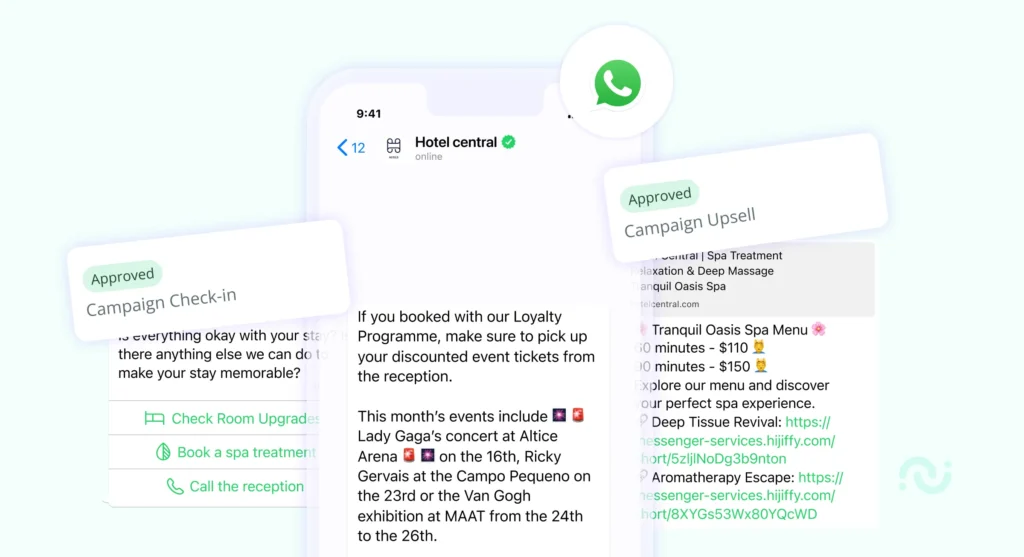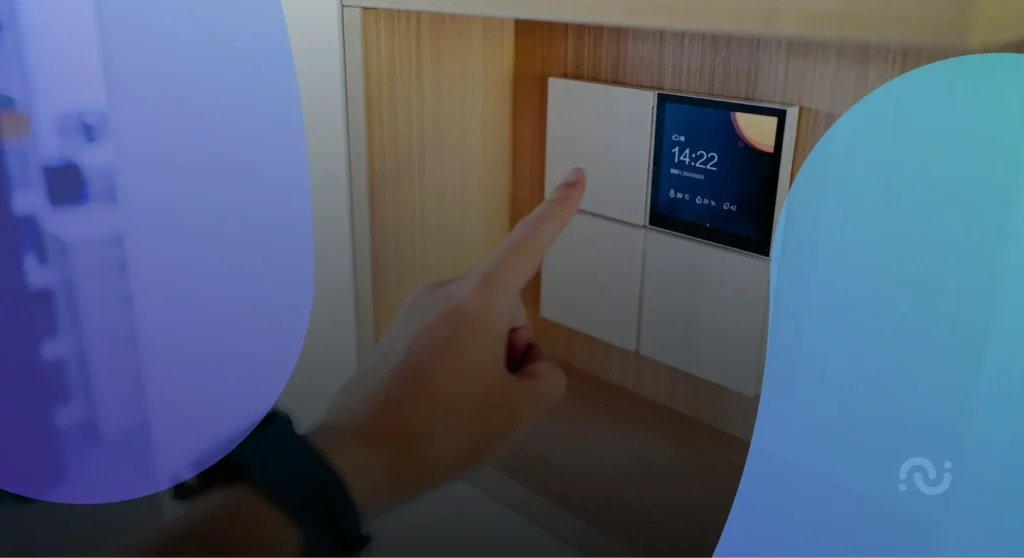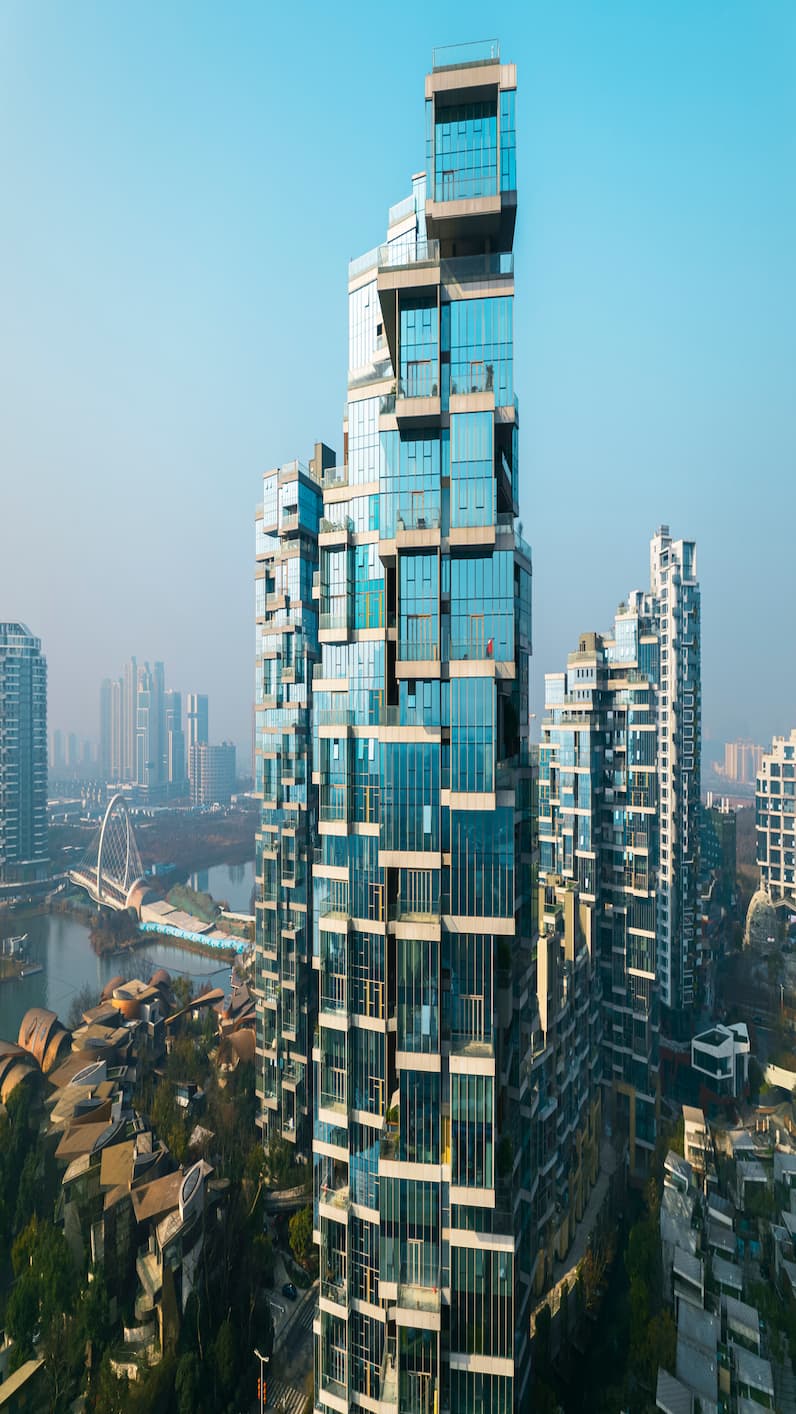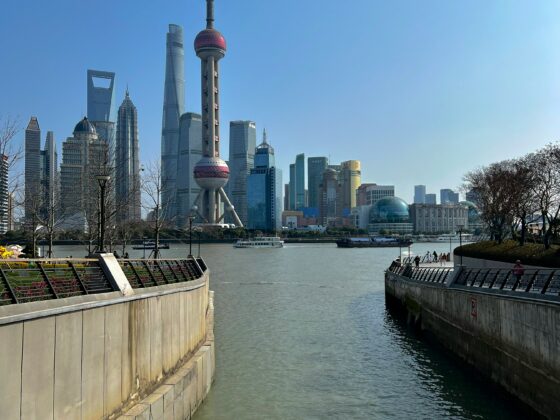The hotel industry is embracing digital tools like never before, and for good reason. Staying competitive today means meeting guest expectations head-on, and according to recent studies, many guests are clear about what they want: the digitalisation of services. By following digital trends in hospitality, hotels can streamline operations, make smarter decisions with data, and deliver the kind of experience guests expect. From automating processes to improving day-to-day efficiency, digitalisation isn’t just smart – it’s essential for profitability and guest satisfaction.
This blog breaks down where digitalisation stands in the hospitality industry today, offers practical tips on digital solutions, and takes a peek at what’s next for tech in hotels. By the end, you’ll see why it’s the perfect time to make digital innovation a priority for your business.

Digitalisation in the hospitality industry: Current status and development
A 2021 study analysing over 1.5 million data points from 14,000 German hotels shows that the hospitality industry in Germany has plenty of room to grow when it comes to digitalisation. Compared to global leaders, the industry’s digital adoption is below average – pointing to a clear opportunity for improvement. Digital transformation isn’t just a buzzword; it’s a must for hotels looking to stay competitive. Investing in digital tools can streamline operations, improve guest experiences, and give your business a much-needed edge. Simply put, going digital isn’t optional anymore – it’s the way forward.
Why digital transformation is inevitable for hotels
Digitalisation is changing the way guests expect to interact with hotels. Travellers now look for fast, personalised experiences at every step – booking, check-in, and throughout their stay. Hotels that don’t adapt to these expectations risk falling behind their competitors.
Challenges of the industry:
- Staff shortages: Many companies struggle with the challenge of finding and retaining qualified staff in the long term, which can place a significant strain on operations.
- High operating costs: Rising expenses for rent, energy, staff, and other operational costs pose a financial burden, especially for smaller businesses.
- Competition from OTA platforms: Online booking platforms dominate the market and pressure hotels to pay high commissions to remain competitive.
Current digital trends in hospitality:
- The perception of automation should shift towards seeing it as an opportunity rather than a threat. Automation can make processes more efficient, save time, and utilise resources more effectively.
- A stronger focus on direct bookings can help reduce reliance on third parties while also strengthening customer loyalty. Direct bookings also allow for a more personalised interaction with customers.
- The use of technologies such as artificial intelligence offers enormous opportunities to reduce repetitive tasks. This allows teams to be relieved, gain more time for strategically important matters, and simultaneously increase efficiency and accuracy.
Those digital trends in hospitality offer enormous opportunities: By making targeted investments in modern technologies, hotels can not only streamline their processes but also elevate guest satisfaction to a whole new level.

Digital solutions for hotels – what really matters
Automated processes that actually make your life easier
Digitalisation in the hotel industry goes far beyond chatbots and digital check-ins. It’s about designing workflows that ease the workload of hotel staff while ensuring guests enjoy seamless service. For example, automated booking systems can not only manage reservations but also offer upselling opportunities. At the same time, smart tools reduce administrative tasks, allowing staff to focus on providing high-quality, personalised guest care – the factor that truly delights guests.
Guest experiences that are unforgettable
Technology should do more than make things easier – it should make a stay memorable. AI can identify what guests love and recommend exactly what they need, whether it’s a nearby restaurant or a specific pillow type for a better night’s sleep. Digital keys and mobile check-ins are useful, but real progress comes from combining smart tech with personal service. Guests aren’t just booking rooms; they’re looking for meaningful experiences. The right technology can help create those moments.
Practical examples:
- Personalised offers during the stay based on the individual preferences of guests, such as special wellness packages, preferred meals, or on-site activities
- Smart room control that allows you to conveniently adjust lighting, temperature, and entertainment systems to your needs via app or voice control
Data that makes the difference
Hoteliers have something incredibly valuable: data. When used well, it can offer insights that improve how your hotel runs. The key is focusing on understanding this data to create meaningful results – like personalised guest communication, smarter pricing strategies, or better workforce planning. It’s all about making decisions that are not just smart but also sustainable and profitable.
Here’s what this means:
-
Dynamic pricing based on demand and market analysis
-
Personalised guest engagement that surprises and delights
-
Resource planning based on actual needs
Technology isn’t the main attraction – it’s a tool to make life easier. In hotels, automation and smart solutions can simplify operations, but the real focus should always be on the guest. After all, creating great experiences is what keeps guests coming back.

How HiJiffy fits in the digital trends for hospitality
HiJiffy is a prime example of an innovative solution in the digitalisation of the hospitality industry. The omnichannel platform combines communication, automation, and data analysis to optimise daily operations and guest services. The goal is to enhance the efficiency of internal processes while sustainably increasing guest satisfaction.
With HiJiffy, hotels can not only drive digitalisation within the property but also revolutionise internal operations. The platform automates recurring tasks such as enquiries, check-ins, and up-selling campaigns, freeing up valuable staff resources. Especially in a time when digital trends in the hospitality sector determine success, HiJiffy offers a solution that not only saves hoteliers time but also enhances the guest experience.
- Efficiency improvement: Automating recurring tasks such as inquiries, check-in processes, and upselling campaigns saves time and reduces manual effort. Staff can focus on more complex tasks and providing personal guest care.
- Enhanced guest satisfaction: In their case study, Hotel Sacher shared impressive results with HiJiffy, including a guest satisfaction rate of over 90%. Automated communication ensures quick and accurate responses, contributing to a more enjoyable stay.
- 360-degree analysis: Through integrated data analysis, hotels can gain valuable insights into the needs and preferences of their guests, enabling them to create tailored offers and services.
Successful examples of digitalisation
With HiJiffy, staff can focus on more complex tasks and provide guests with an unforgettable experience.

Digital trends in the hospitality industry – what the future holds
Artificial intelligence in hotel management – more than just a trend
From virtual assistants to automated data analysis – AI is revolutionising the hospitality industry. For example: With systems like HiJiffy, hotels can respond to enquiries across multiple communication channels (email, chat, social media) in real-time. Chatbots handle routine tasks such as booking requests or room upgrades, while AI-powered tools provide personalised recommendations, like which spa treatment or nearby restaurant would be perfect for the guest.
Automation vs personal support – finding the perfect balance
Automation makes life easier, but people still play a key role. A digital concierge can give guests round-the-clock updates on local attractions or dining spots, but it’s the personal touch – like a warm welcome—that truly makes their stay memorable. The best hotels strike a balance: automated check-ins save time, letting staff focus on the little things that matter, like arranging a surprise for a guest’s birthday.
Sustainability through digital processes – practical Implementation
Digitalisation is a smart way to save resources and cut costs, in other words. For instance, online check-ins help reduce paper use, while energy management systems automatically adjust electricity based on whether a room is occupied. Some hotels now offer apps that let guests decide when they want towels changed or rooms cleaned—an easy way to save water and energy. Smart lighting and air conditioning systems also adjust to guest presence, helping reduce CO2 emissions. Simple, effective solutions like these benefit both the hotel and its guests.
With the right technologies, the hospitality industry can become not only more efficient but also more sustainable and guest-friendly.

Act now – why digital innovation is a priority
Given the increasing competition and the rising expectations of modern travellers, hoteliers today must invest in digital technologies to achieve sustainable success. Using the right tools, such as HiJiffy, makes it possible not only to reduce costs but also to unlock new revenue streams.
Recommendations for action:
- Analyse existing processes for optimisation potential.
- Implement digital solutions that support your guests and staff.
- Focus on a long-term digital strategy to strengthen your market position.
Digitalisation in the hospitality industry begins with a first step. Consider how you can use technology to provide added value to your guests while standing out from the competition.








